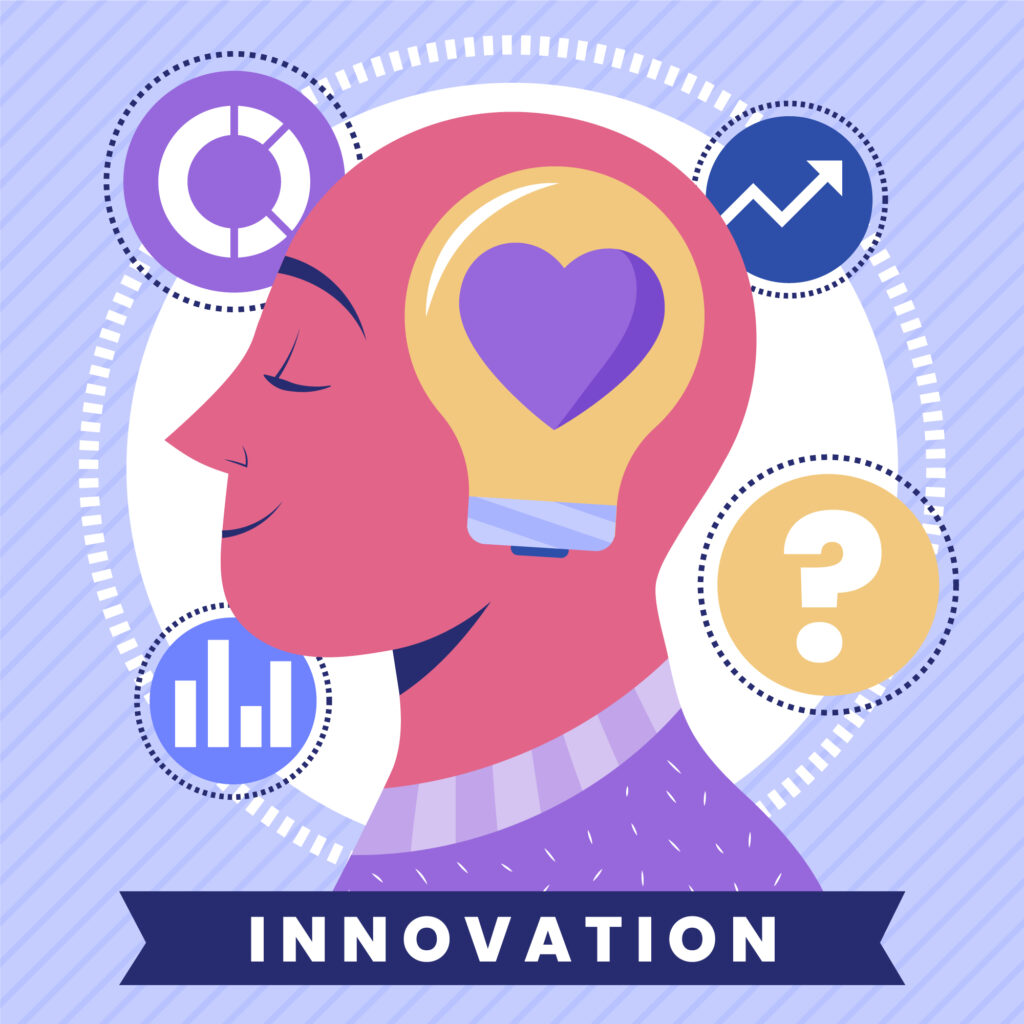Implementing the Iterative Mindset For Organizations: Case Studies of Success

The ability to adapt, learn, and iterate is fundamental for both individual success and organizational growth. At Fresh Tri, we’ve capitalized on the science of habit formation through our Iterative Mindset Method™ (IMM), empowering users to test-drive healthy habits without feelings of failure. But how can this approach be leveraged for organizational success? This post will examine organizations that have embraced the IMM and generated successful, sustainable results and growth.
Iterative Mindset Method: A Paradigm Shift
Traditionally, digital health platforms focus on performance-based goals—like tracking steps, calories, or weight loss—which can lead to stress and demotivation, especially among individuals with chronic conditions. However, the IMM shifts focus to a more adaptive model, emphasizing continuous practice and iteration. This method reframes setbacks as learning experiences, promoting sustainable and resilient behavior change.
Real-World Success Stories
1. Netflix: Iterative Refinement Leading to Global Success
Changes always come, and only a flexible mindset empowers companies to transform challenges into opportunities. Netflix was a pioneer in online DVD rentals, and when streaming emerged, the company iterated on its model by allowing unlimited access to digital content.
Unlike other companies that didn’t iterate, Netflix innovated with personalized recommendations and a growing library worldwide, developing its original productions and becoming the streaming industry leader with over 300 million subscribers.
2. Airbnb: Transforming the Travel Market through Iteration
Another compelling case comes from Airbnb. Their journey began with a vision of providing a platform where people could book airbeds and rooms in homes as a more affordable alternative to hotels. Initial attempts, such as CerealBox.com and AirBedandBreakfast.com, struggled to gain traction. However, by carefully listening to user feedback, Airbnb shifted its focus toward enhancing the overall user experience. This iterative process included introducing professional photography for listings, developing a strong review system, and simplifying the booking process. These refinements allowed Airbnb to revolutionize the travel market, and today, the company is valued at over $100 billion.
3. Zoom: Leading the Videoconferencing Market
Zoom serves as a prime example of iterative thinking by honing in on its core strength: the in-meeting video experience. Instead of simply trying to outpace competitors, Zoom consistently focused on refining its video functionality. These continuous improvements allowed Zoom to maintain a leading position in the videoconferencing market, demonstrating the power of iterative development.
Embracing the Iterative Approach in Practice
The iterative mindset not only applies to individual health and wellness but also empowers organizations to improve, adapt, and continuously thrive in various sectors. At its core, this approach emphasizes:
- Continuous Improvement: Organizations can enhance user satisfaction and customer loyalty by treating every action as a chance for refinement.
- Customer-Centricity: Businesses can quickly align products with market needs by involving users in the feedback loop.
- Learning from Failure: Setbacks are reframed as opportunities for growth, offering valuable insights for better strategies.
Fresh Tri’s Iterative Mindset Method™ for Sustainable Success
At Fresh Tri, we transform how organizations achieve growth through our Iterative Mindset Method™. By fostering a culture of “practice and iteration” instead of fearing failure, we empower innovation and continuous improvement. Our tailored solutions span various needs, from healthy eating to social wellness, ensuring high engagement and retention. Fresh Tri offers a cost-effective, all-in-one approach to organizational well-being—partner with us to pave the way for enduring success and watch sustainable change take root. Contact Fresh Tri today to begin your journey.